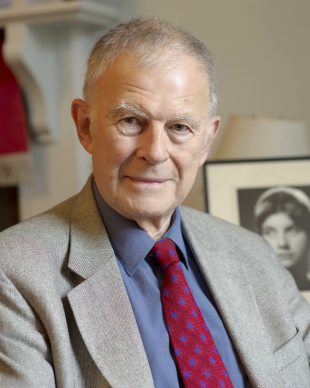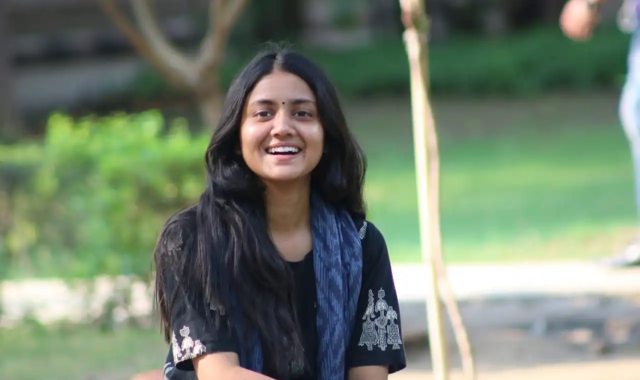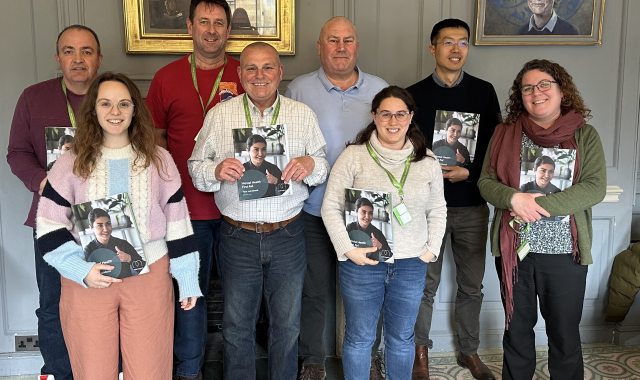Professor James Fitzsimons (1928-2023)
- 16 April 2024
- 2 minutes
The Memorial Service for Professor James Fitzsimons will be on Saturday 27 April at 3pm at Great St Mary’s Church, followed by tea in College at 4pm. All are welcome.
It is usual, but not necessary, for members of the Regent House (ie academic and professional staff of the University of Cambridge) to wear a black gown.
Ushers will assist you on arrival. There will be some reserved seating for family members and Fellows. Wheelchair users are asked to use the main entrance (West Door) and will be shown to the front.
Please note that there will be no bells due to congregations taking place in Senate House.
Those planning to attend are invited to register via Eventbrite.
For those who are unable to attend in person, the service will be available to view live via this link. The broadcast will also be saved and can be watched (with the same link) afterwards.
The order of service is available by clicking this sentence.
First published on December 28, 2023
Professor James Fitzsimons FRS died on Wednesday at the age of 95, Gonville & Caius College is sad to announce.
A 77-year association with Caius began upon his matriculation as an undergraduate Medicine student in October 1946. Professor Fitzsimons became a Fellow of the College in 1961. He was President from 1997 to 2005, a long-time Tutor and Director of Studies.
Elected a Fellow of the Royal Society in 1988, he was Professor of Medical Physiology at the University of Cambridge from 1990 to 1995.
Born in Cardiff on July 8, 1928 to Robert Fitzsimons and Dr Mary Fitzsimons, he attended St Edmund’s College school in Ware, Hertfordshire. He married Aude in 1961 and together they had two sons and one daughter.
His experimental demonstration of the important involvement of the renin-angiotensin system in the control of thirst and sodium appetite was a landmark in our understanding of the physiological basis of thirst.
Professor Fitzsimons, pictured right, found that angiotensin II acts both peripherally and in the brain to stimulate fluid and electrolyte intake. His work helped to illuminate the functional organisation of the hypothalamus and vegetative functions in general, suggesting the possible physical basis of a motivational state. He published his book, The Physiology of Thirst and Sodium Appetite, in 1979, and his work was widely published in academic journals.
He received a Docteur honoris causa en Médecine de l'Université de Lausanne, Switzerland in 1978, and the Distinguished Career Award of the Society for the Study of Ingestive Behavior in 1998.
Professor Fitzsimons is survived by his wife, Aude, and their three children. Further details of his memorial service are to be determined.
The College Banner was flown at half mast in his memory.


